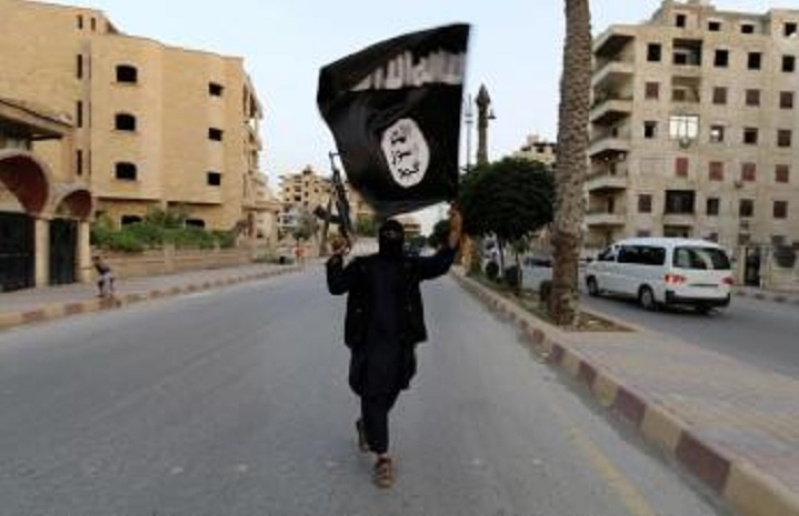
An alarming new report identifies the rise of Islamist “hyperextremism” as a major threat to religious freedom all over the world and calls for immediate action to combat its “toxic” effects.
The Religious Freedom Report 2016, released by the Catholic nonprofit organization Aid to the Church in Need, said one in five countries has experienced attacks driven by Islamist hyperextremism in the last two years.
This has pushed the number of refugees for 2015 to a record high of 65.3 million and has left one in 113 people are a refugee or asylum seeker.
Of the 23 worst-offending countries identified in the report, 11 have experienced a decline in religious liberty.
“In seven other countries in this category, the problems were already so bad they could scarcely get any worse,” the report authors said. “Our analysis also shows that, of the 38 countries with significant religious freedom violations, 55 percent remained stable regarding religious freedom and in eight percent – namely Bhutan, Egypt and Qatar – the situation improved.”
The study describes the said Islamist hyperextremism as having a radical system of law and committing systematic acts to annihilate or remove anyone who does not agree with their beliefs.
In Iraq and Syria, for example, Islamist hyperextremism has been manifested as “eliminating all forms of religious diversity.” The same threat looms over some African and Asian Sub-Continent regions.
Groups involved in this kind of extremism are characterized by displaying cruelty to their victims, having well-funded networks and being able to maximize the use of social media to advance their agenda.
“The intention is to replace pluralism with a religious monoculture,” the report said.
Although Islamist hyperxtremism is more intensely felt in the Middle East and some African countries, the west is likewise affected, particularly with the influx of refugees.
“[The phenomenon] is at risk of destabilising the socio-religious fabric, with countries sporadically targeted by fanatics and under pressure to receive unprecedented numbers of refugees, mostly of a different faith from the indigenous communities,” the report said.
“Manifest ripple effects include the rise of rightwing and populist groups, restrictions on free movement, discrimination and violence against minority faiths, and a decline in social cohesion, including in state schools,” the report said further.
John Pontifex, the report’s editor-in-chief, said the study was meant as a wake-up call to the “evident genocidal intent” of radical Islam.
“What prospects are there for peace when powerful sections within specific faith groups have nothing but contempt for those who do not share their world-view – and who deny the right to life not just to people of other faiths, but also to moderates from among their own community?” he said.
Islamist hyperextremism is not the only factor that threatens religious freedom, the report said. In countries like China and North Korea, government-imposed restrictions are stifling religious freedom.
In addition, in these two countries, attacks targeting Christians are evident, with China conducting a crackdown on Christian churches and North Korea subjecting Christians to years of imprisonment, abuse and even murder.







